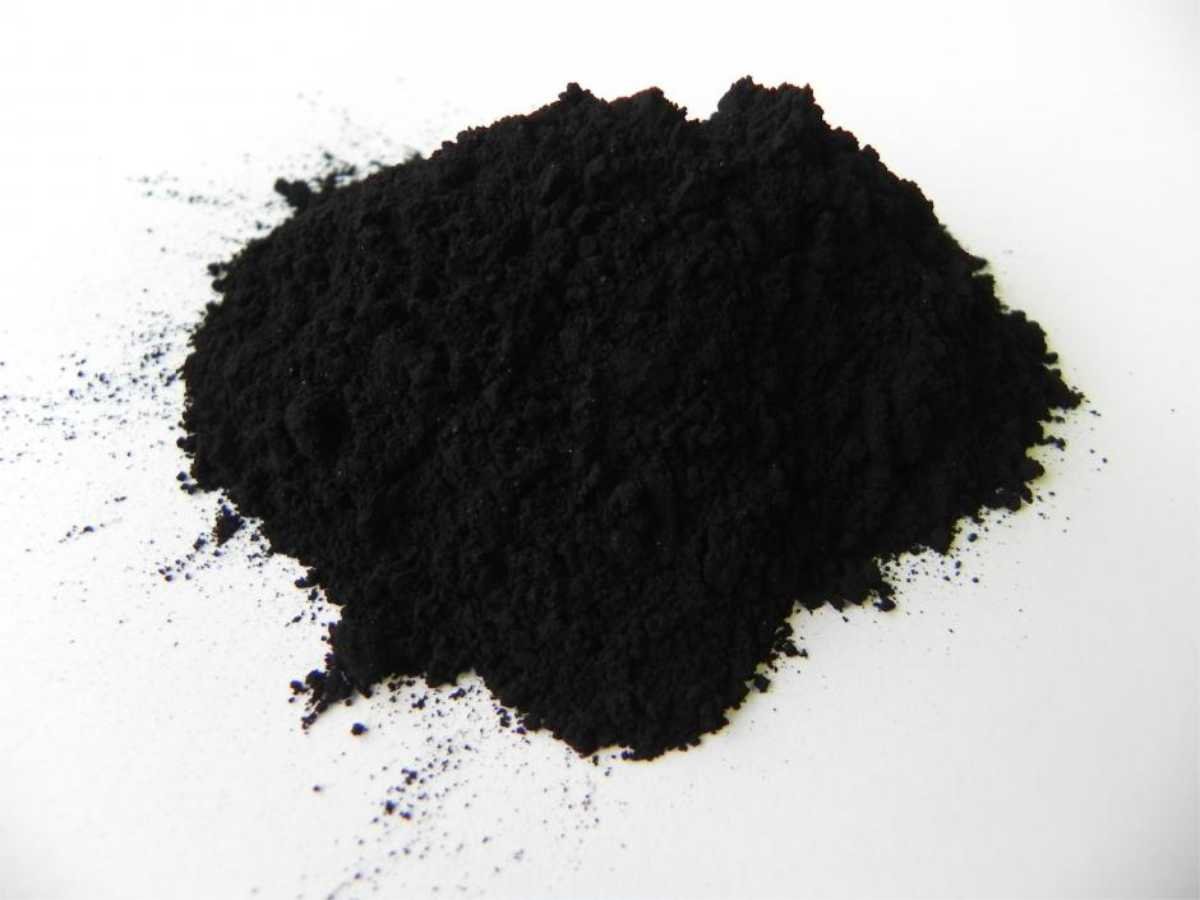Cannabis cultivation is a complex interplay of various factors, including light, temperature, water, and nutrients. Among the numerous organic and inorganic compounds that can influence the growth and health of cannabis plants, humic acid stands out as a crucial component. Derived from the natural decomposition of organic matter, humic acid offers a myriad of benefits that can significantly enhance cannabis cultivation. This article explores the importance of humic acid, its benefits, and how to effectively incorporate it into your growing practices.
What is Humic Acid?
Humic acid is a group of molecules that bind to, and help plant roots receive, water and nutrients. It is a major component of humic substances, which are the result of the breakdown of organic matter over long periods. These substances are typically found in soil, peat, coal, and other natural deposits. Humic acid is soluble in alkaline solutions and plays a vital role in soil fertility and plant nutrition.
Benefits of Humic Acid in Cannabis Cultivation
1. Enhanced Nutrient Uptake:
Humic acid is known for its ability to chelate nutrients, making them more available to plants. This chelation process binds essential minerals and nutrients, transforming them into forms that are easier for plant roots to absorb. This increased nutrient availability ensures that cannabis plants receive a balanced diet, promoting healthy growth and development.
2. Improved Soil Structure:
One of the significant benefits of humic acid is its positive impact on soil structure. It improves soil porosity, which enhances air and water movement within the soil. Better soil structure promotes deeper root growth, increases microbial activity, and reduces soil compaction. This creates an ideal environment for cannabis plants to thrive.
3. Enhanced Root Development:
Humic acid stimulates root growth by promoting the development of fine root hairs, which increases the root surface area. This enhanced root system improves the plant’s ability to absorb water and nutrients, leading to more robust and resilient cannabis plants. A strong root system is crucial for the overall health and productivity of the plant.
4. Increased Microbial Activity:
Humic acid serves as a food source for beneficial soil microorganisms, enhancing microbial activity in the soil. These microbes play a vital role in nutrient cycling and decomposition, breaking down organic matter and releasing nutrients in forms that plants can absorb. Increased microbial activity leads to healthier soil and more nutrient-rich growing conditions.
5. Stress Resistance:
Cannabis plants can be subjected to various environmental stresses, including drought, temperature extremes, and disease. Humic acid helps plants to better withstand these stresses by improving their overall health and resilience. It enhances the plant’s ability to retain water and supports the production of antioxidants, which protect plant cells from damage.
6. Improved Photosynthesis:
By enhancing nutrient uptake and promoting healthy root development, humic acid indirectly boosts photosynthesis. Healthier plants with access to ample nutrients produce more chlorophyll, the pigment responsible for capturing light energy. This leads to more efficient photosynthesis, supporting faster growth and higher yields.
7. Increased Yields and Quality:
The cumulative effects of enhanced nutrient uptake, improved soil structure, and increased stress resistance result in higher yields and better-quality cannabis. Plants grown with humic acid supplementation are more likely to produce abundant, potent, and aromatic buds, which are highly desirable in the commercial cannabis market.
How Humic Acid Works
Humic acid works through several mechanisms to benefit cannabis plants:
1. Chelation:
Humic acid binds to nutrients and minerals in the soil, creating stable complexes that are more easily absorbed by plant roots. This chelation process prevents nutrients from leaching away and makes them available to plants over a longer period.
2. Soil Conditioning:
By improving soil structure, humic acid enhances water retention and aeration. This creates a more favorable environment for root growth and microbial activity. Better soil conditions lead to healthier plants and more efficient nutrient uptake.
3. Hormonal Effects:
Humic acid contains natural growth-promoting compounds that can stimulate root and shoot development. These compounds act like plant hormones, enhancing cell division and elongation. This hormonal effect contributes to the overall vigor and productivity of the plant.
Incorporating Humic Acid in Cannabis Cultivation
To maximize the benefits of humic acid, it is essential to incorporate it effectively into your cannabis cultivation practices:
1. Humic Acid Supplements:
Humic acid is available in various forms, including liquid and granular supplements. These can be added to the soil, mixed with nutrient solutions, or applied as a foliar spray. When using humic acid supplements, follow the manufacturer’s instructions for dosage and application frequency.
2. Soil Amendments:
Incorporating organic matter rich in humic substances, such as compost, peat, or well-decomposed manure, can naturally increase the humic acid content of the soil. This organic approach improves soil health and fertility over time.
3. Foliar Sprays:
Applying humic acid as a foliar spray can provide immediate benefits, particularly in enhancing nutrient uptake and stress resistance. Foliar application allows humic acid to be absorbed directly through the leaves, providing a quick boost to the plant.
4. Hydroponic Systems:
Humic acid can also be used in hydroponic systems to enhance nutrient availability and improve root health. Ensure that the humic acid product you choose is suitable for hydroponic use and follow the recommended dosage.
Humic acid is a powerful tool in cannabis cultivation, offering numerous benefits that enhance plant growth, health, and productivity. By improving nutrient uptake, promoting root development, enhancing soil structure, and increasing stress resistance, humic acid can significantly boost cannabis yields and quality. Understanding its mechanisms of action and effectively incorporating humic acid into your growing practices can lead to healthier plants and more successful cultivation outcomes. In the competitive cannabis industry, leveraging the advantages of humic acid can be a key factor in achieving optimal results.



